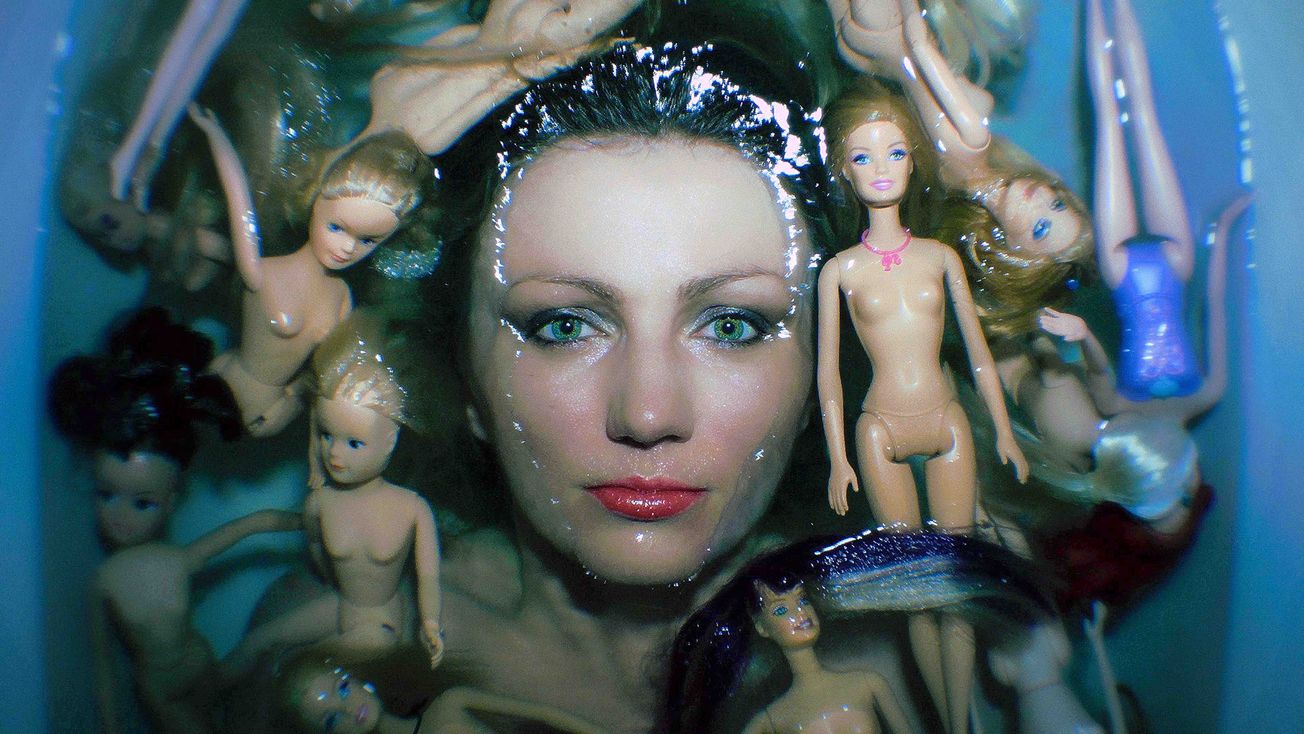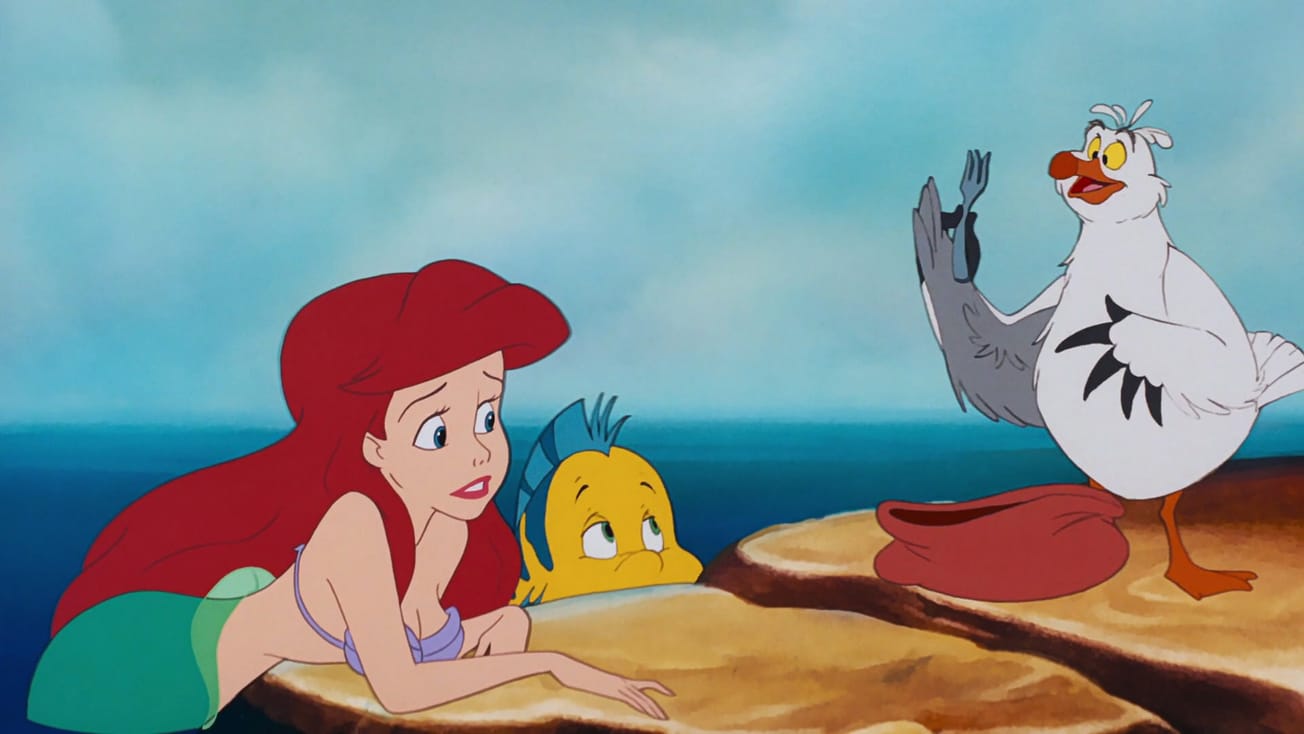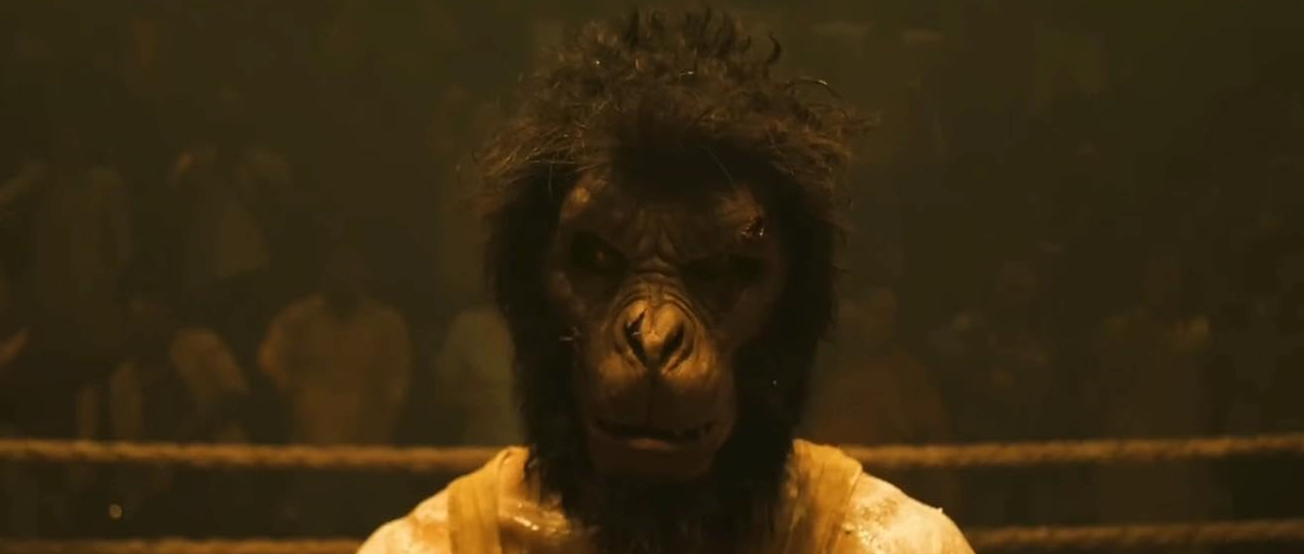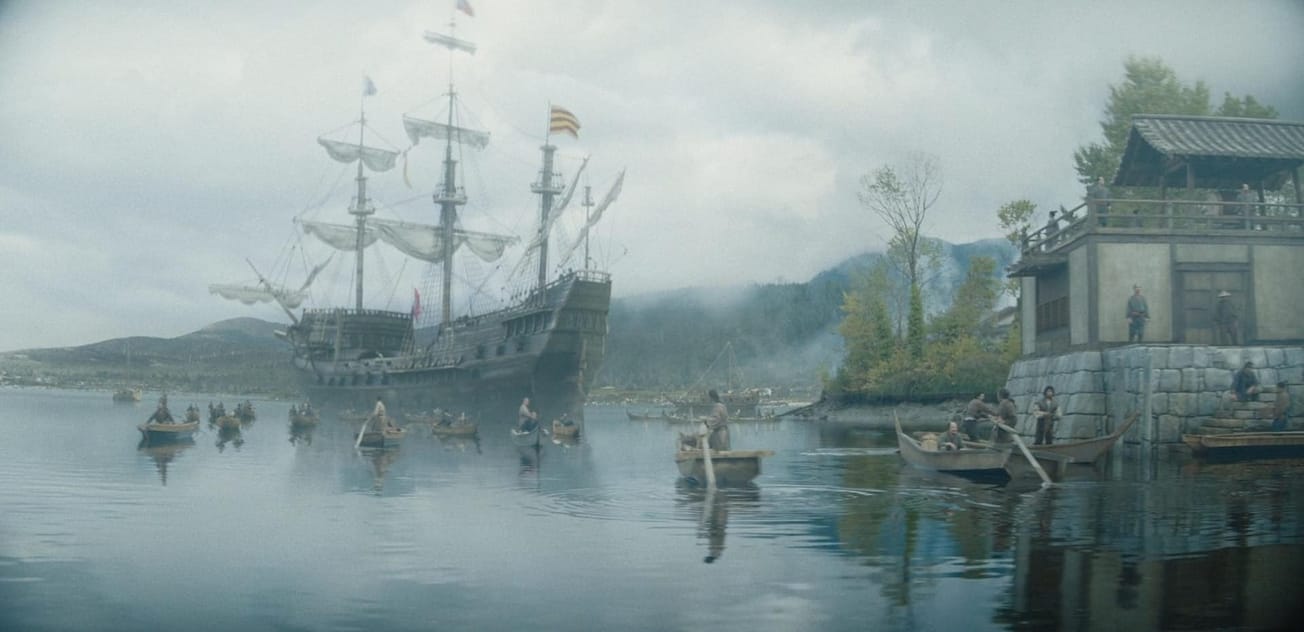By Daisy Game, Entertainment Subeditor
Ahead of a special preview at Watershed on 30 May with a Q&A with the directors, Epigram reviews the genre-bending film from Warsaw Pact Films, a pseudo-documentary about an experimental documentarian.
Competing at Cannes, commissioned by the BBC to write a ‘Brexit radio drama’ and banned from broadcast by Channel 4 – Warsaw Pact Films has things to say and places to be. In their latest ‘fiction documentary’ My Friend the Polish Girl, writer-director-producer duo Ewa Banaszkiewicz and Mateusz Dymek present us with newbie filmmaker Katie (American, privileged – demanding) as she documents the day-ins and day-outs of Alicja’s (Polish, unemployed – volatile) post-Brexit-London-based life. It is an accomplished, gleefully ‘meta’ exploration of national belonging, female relationships and the destructive potential of artistic endeavour.
Michał Dymek’s cinematography is immediately arresting, not only in an aesthetic sense - the camera lassoes its wandering subject with cool confidence - but also in the point it so shrewdly makes. Crisp packets, computer screens and sofa beds all take themselves extremely seriously in Dymek’s black and white - the mundane instilled with a sense of gravitas, the world more consequential when leached of its colour. ‘This is serious, important, and creative’ the filter rather brilliantly asserts: just as Katie is determined to manufacture art, so too does the film’s black and white vision serve to highlight its director’s self-consciously ‘creative’ (air quotation marks intended) incentive.
Upon first impression, Banaszkiewicz and Dymek’s script feels a little cramped. Emma Friedman-Cohen’s Katie comes across a little boisterous, her tone uncomfortably smooth and synthetic. ‘Why did you do that?’; ‘So who is coming?’ – such obviously intrusive questions clamour in a manner quite out of kilter with the twitch and scratch of Alicja’s more remote conversation.
Katie’s presence within the project becomes awkward and performative – entirely appropriate. Because of course her input seems phony: Katie’s own contribution remains the sole component over which she has any real control. And yet in her desperation to create a film of dramatic authenticity, Katie’s input ultimately leads her debut feature toward ingenuity, and a corrupt impression of the woman about whom it centres.
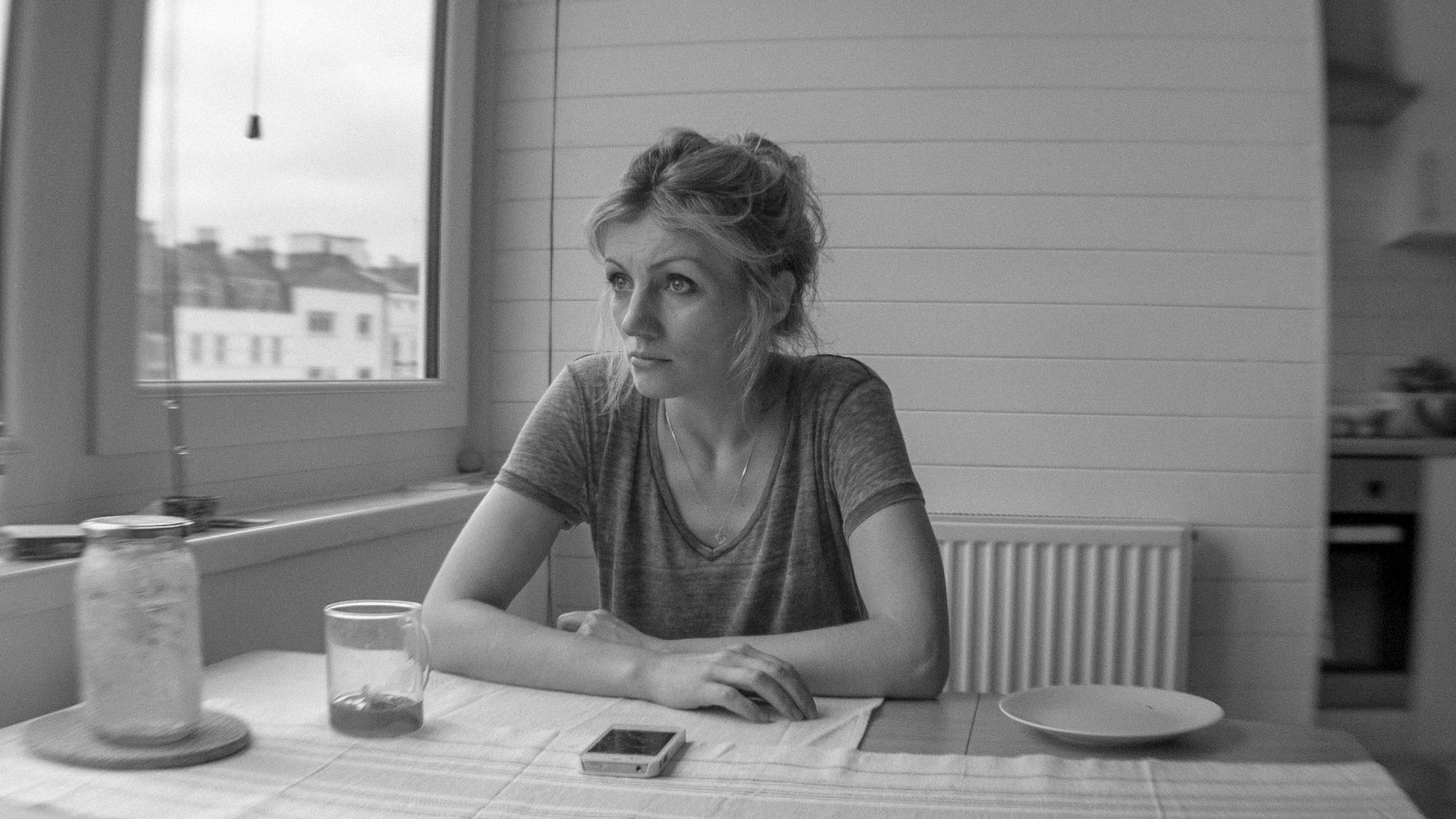
‘My name is Alicja’, declares 32 year-old subject of Katie’s feature. Simple, plain, accurate: Alicja’s introduction is a documentarian necessity. But for Katie, an opportunity has been wasted. ‘It needs to have more energy,’ she demands. ‘Try saying it slower.’ The everyday becomes something to mould and capture and compel toward beauty, each passing moment a piece of art-in-waiting or of meaning-to-be. ‘It’s truthful, not fake,’ Katie claims with a panicked determination.
And yet the constant pressure she places upon Alicja’s reality to become more – more than a sofa bed, more than an apt introduction – is intense and uncomfortable. Every moment must be filed and shaped into an oddly adroit final product. Dymek and Banaszkiewicz’s observations concerning the dangers of documentarian pursuit – that inevitable temptation to touch and tamper and poke your subject to excitement – is whip smart and wonderfully astute.
Ah, London sneak preview of #myfriendthepolishgirl @ICALondon was packed! people 🤣 in the right moments + Q&A was lively. Everyone seemed to super ❣️ the film and had a lot to say about their experience (except for the few who avoided us in the foyer afterwards…) @marbleicehook
— Ewa / Mateusz (@EwaandMateusz) April 10, 2019
Aneta Piotrowska’s performance as ‘misfit’ Alicja is as uncomfortably affecting as it is intensely impressive. Chest pushed forward, eyes peeking up and out through shivering eyelashes, the wannabe actress’s courting of the camera is obscene. Even in the most private of moments, Alicja exhibits herself with glee. Pulling away from boyfriend’s Michael’s gentle embrace, Alicja casts her eyes toward the camera in a display of conceited pleasure and flirtatious abandon.
And yet even in her most overt displays of sexuality, there is a something unsettlingly infantile about Alicja’s manner. ‘Blah blah blah,’ she gurgles through a mouthful of corn flakes, milk dripping down her chin whilst in the throes of a temper tantrum concerning Katie’s latest request.
Announcing Max’s professed love whilst buried beneath a duvet cover, planting unwelcome kisses on the lips of work colleagues through taxi windows, and laughing with juvenile abandon at her partner’s wake: Alicja’s interactions are inappropriate, desperate, and sad. Like an overbearing parent, Katie scolds and slaps Alicja’s into shape. ‘Alicja, what are you doing?’ Come here,’ Katie snaps in her attempts to get back on script, her subject’s wandering attention frustrating and artistically unpragmatic. The intimacy between subject and director is erotic and parental, intimate and cold.
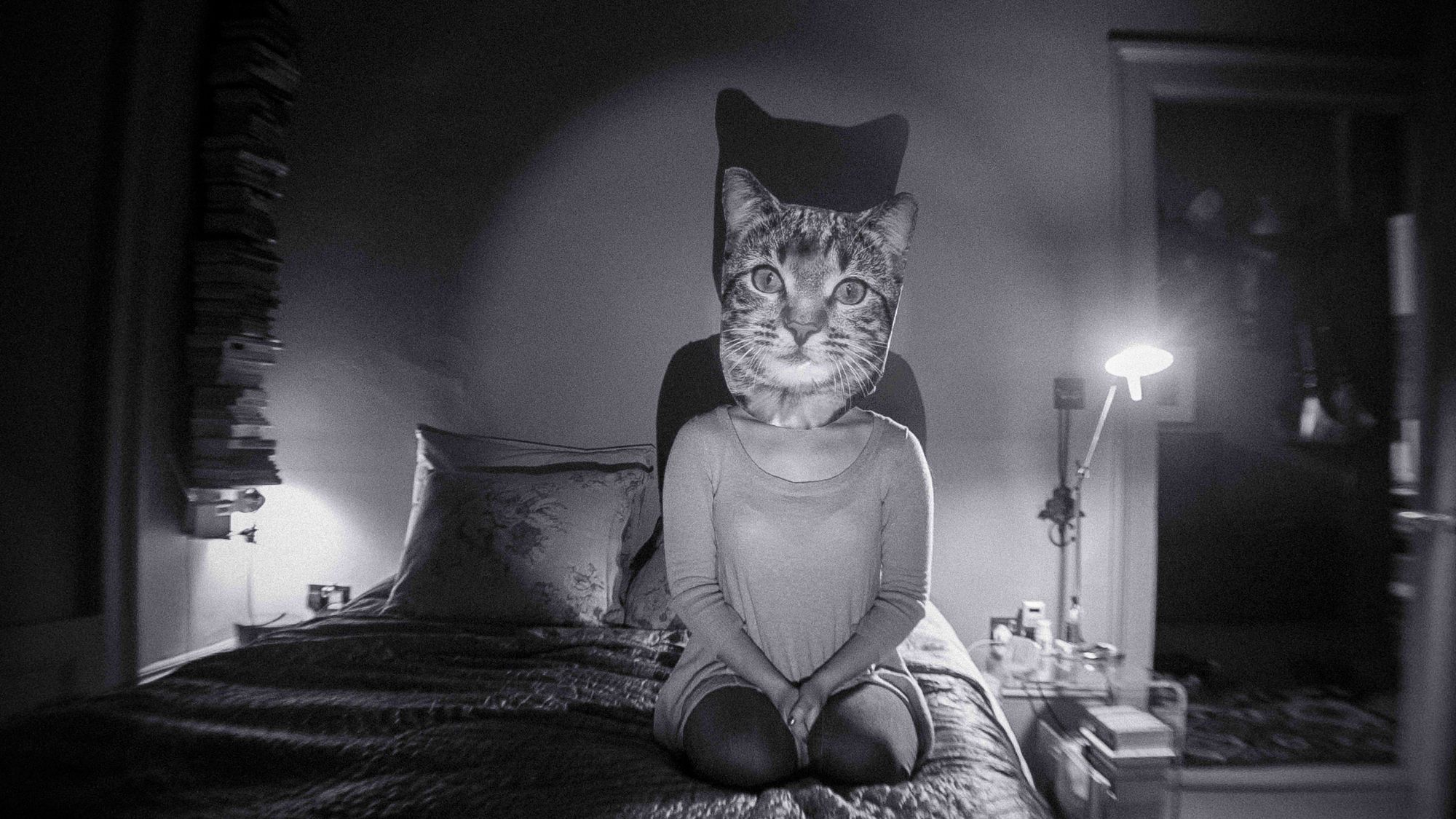
‘Alicja never cried.’ Or so Katie informs us on multiple occasions throughout the film. But if Alicja were to cry – what would Katie do? Document this unplanned, out-of-character behaviour and allow her subject to retain a personality? Or turn the camera away – because spontaneous displays of humanity were never in the script. My Friend the Polish Girl is an uncomfortable, cryptic, deeply impressive feature. At a time when we have all become documentarians – taking photos of our #lunch for Instagram, giggling for Snapchat and grinning for YouTube – this is a film which reminds us that sometimes it is best to let reality simply 'be'.
My Friend the Polish Girl is previewing at Watershed on 30 May at 6pm with a Q&A with filmmakers Ewa Banaszkiewicz and Mateusz Dymek, and tickets are available here.
The film is then on general UK release from 19 July.
Featured Image courtesy of Warsaw Pact Films
Will you go off (exam) script and take a break for this unique film?
Facebook // Epigram Film & TV // Twitter

